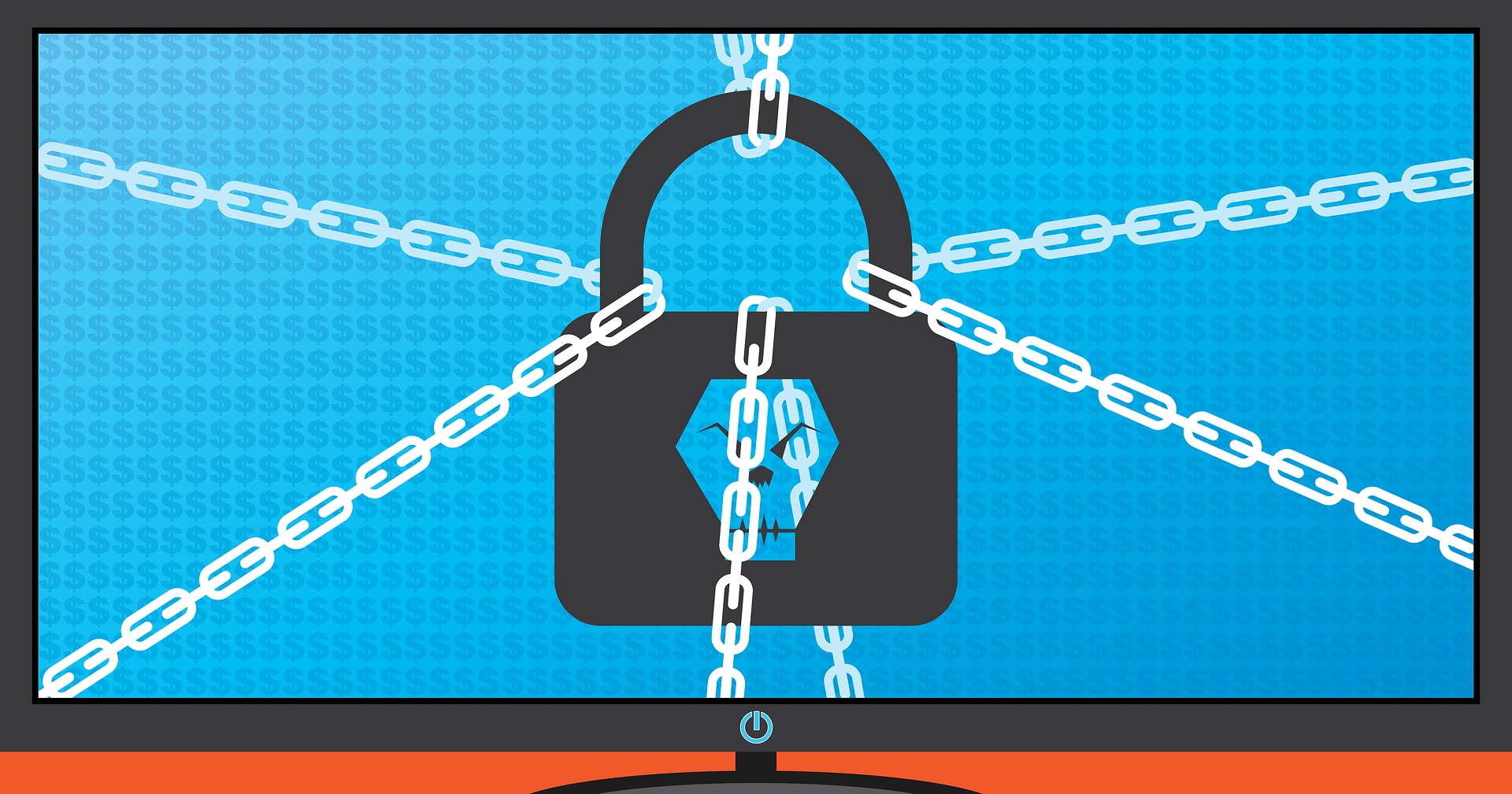

Preventing a computer virus requires taking proactive measures to protect your computer system from malicious software that can cause damage to your files, steal your personal information, or disrupt the normal operations of your computer.
Here are some tips you can follow to prevent computer viruses:
1. Anti-virus software: Install reputable antivirus software: A good antivirus software can detect and remove viruses, malware, and other harmful programs from your computer. Make sure to keep your antivirus software up-to-date and run regular system scans. Ask an IT company or reputable computer store what are the best programs on the market today. Many times, an IT company has better software that is not available to the public. They may have a solution for you for a monthly fee.
2. Computer Updates: Keep your operating system and software up-to-date: Software updates often include security patches and bug fixes that can prevent vulnerabilities that can be exploited by viruses. Don’t assume that your computer is up-to-date even when you have auto-update enabled. Always manually check to make sure! Every computer has a shelf life. Once your computer reaches a certain age, these updates will no longer be available, so your computer can no longer prevent newer vulnerabilities.
3. Email use: Be cautious when opening email attachments and downloading files: Only download files and email attachments from trusted sources. Be cautious about suspicious-looking emails and links. When in doubt, never click on it! Always check what e-mail address the e-mail is from. Many times you will see a misspelling or numbers inserted that are signs of an attempt to trick you. The best scams look professional and even use the company’s logos. So be careful.
4. Password use: Choose a strong password that is difficult to guess and use a unique password for each of your accounts. *You can always use a password manager to help with complex passwords. You can view our other FAQ video on password mangers. Complex passwords can help prevent hackers from accessing your system and installing viruses.
5. Enable a firewall: A firewall can help block unauthorized access to your computer and protect your system from malicious traffic. Note: If you are not paying for a subscription for your firewall, you are probably out-of-date on its protection capabilities.
6. Internet browsing: Avoid visiting untrustworthy websites or downloading files from unverified sources. Use a reputable web browser and enable pop-up blockers to prevent malicious pop-ups. Some anti-virus softwares have plug-ins will warn you if the site is safe to browse or not. Again, when in doubt… don’t click on it. The old saying applies… “If it seems too good to be true, it probably is.”
By following these tips, you can help prevent computer viruses and keep your system safe and secure.
If you have any further questions, you can reach out to us by e-mail us at [email protected]… Again that is [email protected]… We’ll see you next week for the next question.